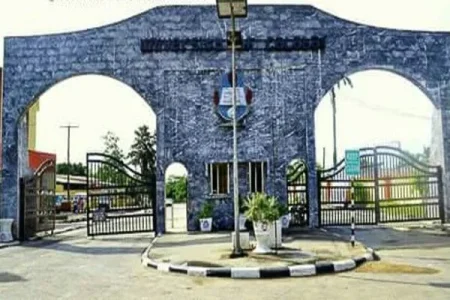
Federal High Court in Abuja dismisses Abacha family's N500m suit over revoked Maitama property. The judge cites the statute of limitations and lack of legal standing. Fourth consecutive legal defeat for Abacha's heirs. The court recognizes the new owner Salamed Ventures Limited. The ruling reinforces the government's efforts to reclaim assets linked to the Abacha regime.
A Federal High Court in Abuja has once again dismissed a lawsuit filed by the family of former Nigerian military ruler General Sani Abacha against the federal government. The suit, which sought to challenge the revocation of Abacha's property in the Maitama District of Abuja and demanded N500 million in compensation, was thrown out by Justice Peter Lifu on multiple grounds.
The case, initiated nine years ago by Mohammed Sani Abacha and Hajia Maryam Abacha, representing the late general's estate, contested the 2006 revocation of a Certificate of Occupancy for Plot 3119. The family argued that the revocation was unconstitutional and lacked proper compensation.
Justice Lifu's ruling cited the suit as statute-barred, having been filed in 2015, well beyond the three-month window allowed by law following the 2006 revocation. Additionally, the judge determined that the plaintiffs lacked the legal standing to file the case, as they failed to present the required letters of administration for the estate.
This dismissal marks the fourth time the Abacha family has lost legal battles over this property, with previous defeats in the High Court of the Federal Capital Territory and the Court of Appeal in Abuja.
The court also recognized the claims of Salamed Ventures Limited, which purchased the property from the federal government for N595 million in 2011. Justice Lifu agreed that the original revocation was lawful due to breaches in the Right of Occupancy covenants, including unauthorized construction.
The ruling ordered the Abacha family to pay Salamed Ventures N500,000 in litigation costs, further solidifying the government's stance on reclaiming assets linked to the Abacha regime. This case highlights the ongoing legal challenges faced by the family in their attempts to retain properties acquired during Abacha's rule.




